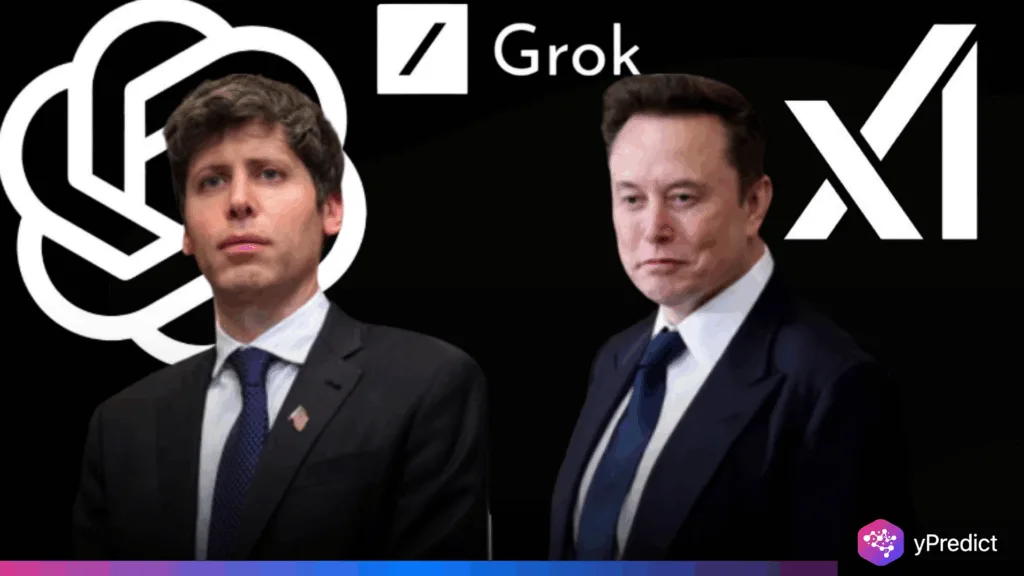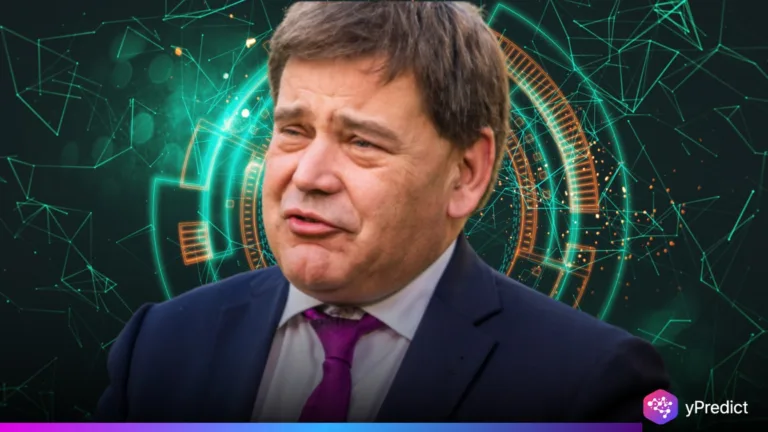
The world of AI is rattled. It’s a blockbuster lawsuit, and it came between two of the biggest players in the space, xAI and OpenAI. Elon Musk’s xAI sues Sam Altman’s OpenAI for trade secrets theft and poaching. The case centers on xAI’s Grok model and its Colossus supercomputer that the company built with unprecedented speed. With accusers targeting OpenAI for unfair competition and misconduct, its antitrust fight has high stakes. For an industry already marked by fierce competition, this case could reshape the rules of engagement.
Allegations Against OpenAI
So what’s xAI really claiming! It accuses in filings that OpenAI orchestrated a campaign to siphon out core secrets on Grok and the Colossus system. Grok, released earlier in 2023, quickly made waves for outperforming ChatGPT on some benchmarks. And Colossus supercomputer, built in 122 days on 100,000 GPUs, and scaled to 200,000 in <100 days. This infrastructure edge worried competitors. And xAI believes OpenAI turned to theft.
And the accusations are more than generalities. The suit describes specific employee experiences. One engineer, Xuechen Li, allegedly saved Grok’s entire source code and training records to private cloud storage. They say, he even left a confession note behind. Another, Jimmy Fraiture, was charged with airdropping proprietary systems code. At first he denied, but eventually admitted. A former CFO, Mike Liberatore, allegedly refused to sign confidentiality agreements at all, responding with profanity when pressed.
Other engineers, such as Uday Ruddarraju and Sreekanth Pothanis, who had pivotal roles in Colossus and Grok 4, link to OpenAI recruiters in encrypted chats. One recruiter even paid for secret sauce knowledge! Taken together, xAI is painting a picture of targeted poaching and secret siphoning.
Economic and Legal Stakes
It’s not just ripped off tracks, it’s the litigation. it’s also about the overwhelming devastation. According to xAI, the theft disrupted product roadmaps and damaged customer trust. critical advance work was repeated. The firm tells us it poured billions into Grok and Colossus. Losing secrets around model weights, training methods, and GPU scaling could erode years of advantage.
They claim trade secret theft federally, interference with business and unfair competition. xAI asks for an injunction, destruction of any code misappropriated, and prohibition of use in OpenAI’s models. And on top of that, they’re seeking monetary damages, treble and punitive, for the harm. Musk himself posted online, warning letters were overlooked, leaving no choice but a suit. The case now moves toward a jury trial.
But the aftershock might be bigger than two companies. A recent legal research found a 40% rise in IP disputes in AI since 2020. Billions on the line in models, datasets and compute infrastructure. If this case goes poking along, it might just encourage regulators to take a closer look at corporate recruiting and secret-sharing in tech. It could also redefine what “fair” competition looks like in an industry moving faster than laws can keep up with.
Conclusion
This ain’t your garden-variety corporate battle. It’s a crash at the summit of the AI race. With billions on the line and global dominance at stake, the case could set new standards for trade secrets, employee allegiance, and competition in AI. xAI is gambling on the courts to protect its breakthroughs since OpenAI can no longer afford to ignore oversight. Regardless of whether the trial ends up in damages or bans or new regulations, it could send shockwaves through the industry. For now, the world watches as these two AI giants prepare for legal war.







